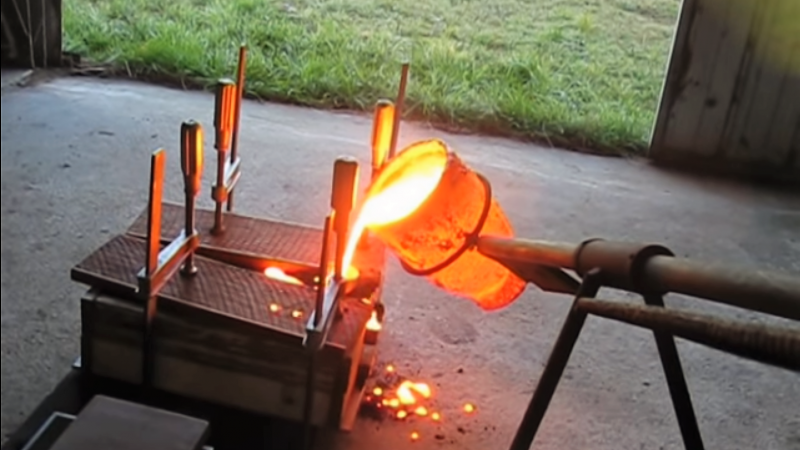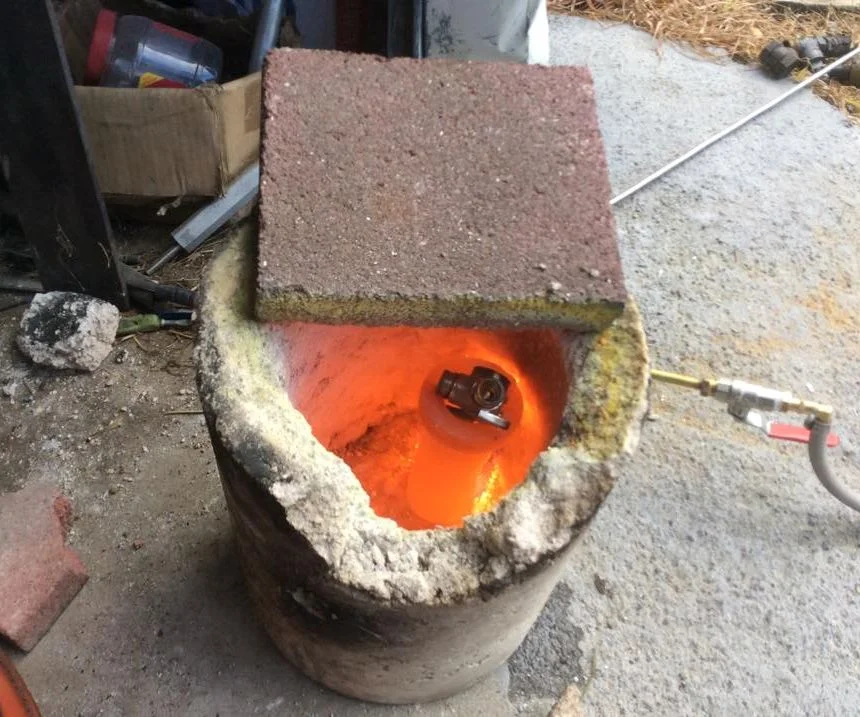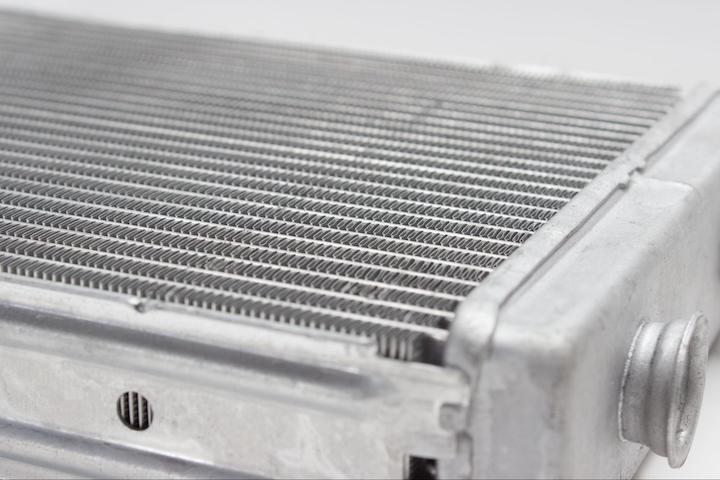How Aluminum Metal Casting improves efficiency in product design
Best Practices for Maintenance and Applications in the Light Weight Aluminum Factory Market: An In-depth Introduction
Keeping tools in the light weight aluminum factory industry is important for operational success. Regular evaluations and predictive maintenance can substantially reduce downtime and boost safety. Advanced innovations, such as IoT and information analytics, play an essential role in this process. Comprehending the complete scope of finest techniques requires a better exam of particular methods and their influences on efficiency. What are the crucial components that contribute to a dependable maintenance structure?
Importance of Routine Upkeep in Light Weight Aluminum Foundries
Regular maintenance plays a crucial function in the reliable operation of light weight aluminum shops. By systematically servicing and evaluating equipment, shops ensure peak performance and long life of machinery. Regular maintenance activities, such as lubrication, part, and cleaning substitute, aid stop unexpected malfunctions that can cause costly downtime.
Routine checks enhance workplace safety by recognizing prospective risks before they escalate right into severe problems. Equipment that is well-maintained operates extra properly, leading to improved product quality and lowered waste. Additionally, adherence to an organized upkeep schedule can support compliance with industry guidelines, therefore fostering an online reputation for dependability and top quality within the marketplace.
Applying Predictive Maintenance Techniques
Anticipating maintenance methods take the concepts of regular upkeep a step even more by leveraging data analytics and progressed monitoring modern technologies. In light weight aluminum foundries, these approaches allow operators to anticipate devices failings before they happen, thus reducing unintended downtimes and optimizing functional efficiency. By making use of sensing units and IoT gadgets, real-time data can be gathered on device performance, permitting the recognition of prospective concerns via predictive analytics.
Optimizing Melting and Putting Processes
Reliable melting and pouring processes are important for optimizing productivity and guaranteeing the high quality of light weight aluminum spreadings. To boost these procedures, shops should focus on exact temperature level control throughout melting, as this straight affects the metallurgical buildings of the alloy. Utilizing advanced melting technologies, such as induction and resistance melting, can improve energy efficiency and reduce cycle times.
Executing automated pouring systems lessens human mistake and keeps uniformity in the pouring process. Appropriate mold prep work, consisting of sufficient preheating, is necessary to stop thermal shock and improve mold durability.

Enhancing Safety And Security Methods in Foundry Workflow
Focusing on safety and security in light weight aluminum foundry operations is crucial for shielding workers and guaranteeing an effective setting. Effective security methods consist of routine training sessions that highlight the importance of personal protective devices (PPE), such as my blog safety helmets, goggles, and handwear covers. Additionally, the establishment of clear emergency situation treatments is vital in handling possible crashes.
Regular evaluations of equipment and machinery aid recognize dangers prior to they intensify right into serious concerns. Applying a durable reporting system encourages employees to connect safety concerns without fear of repercussion. Additionally, promoting a culture of safety assurances that every worker understands their role in preserving a secure workplace.
Additionally, guaranteeing appropriate air flow and tracking air top quality can reduce direct exposure to damaging fumes and dirt. By strengthening these techniques, aluminum factories can significantly lower the risk of mishaps and develop an atmosphere where staff members really feel valued and risk-free, inevitably enhancing general functional effectiveness.
Leveraging Modern Technology for Improved Effectiveness
Utilizing sophisticated modern technology has ended up being significantly important for light weight aluminum shops aiming to improve operational effectiveness. Automation and robotics play a crucial duty in streamlining manufacturing processes, decreasing labor expenses, and lessening human mistake. Carrying out real-time monitoring systems allows for the continual evaluation of equipment efficiency, allowing aggressive upkeep and lowering downtime.
The combination of data analytics supplies important understandings into operational operations, promoting far better decision-making and resource allowance. For example, predictive analytics can recognize prospective failings before they happen, further enhancing upkeep routines.
Additionally, adopting sophisticated melting and spreading modern technologies boosts power effectiveness and product return, which are basic for sustainability in the industry. By welcoming these technical innovations, aluminum foundries can not just increase performance however also keep an affordable edge in a progressively requiring market (aluminum foundry). Ultimately, leveraging technology is crucial in driving innovation and improving total operational performance within the sector

Regularly Asked Inquiries
What Prevail Signs of Devices Put On in Aluminum Foundries?
Typical indications of devices wear in aluminum foundries consist of uncommon noises, lowered effectiveness, enhanced resonance, overheating components, leakages, and visible deterioration. These indicators often signify the investigate this site need for upkeep or potential substitute to avoid expensive downtime.
How Can I Train Team for Effective Upkeep Practices?
To train team for effective upkeep practices, one can apply hands-on workshops, create comprehensive manuals, encourage mentorship programs, and carry out normal evaluations to review skills and understanding, guaranteeing all employees recognize maintenance protocols extensively.
What Are the Ecological Regulations for Aluminum Foundries?
Aluminum shops are subject to different ecological regulations, including emissions control, waste monitoring, and resource conservation. Conformity warranties very little ecological influence, advertising sustainability while adhering to neighborhood, national, and worldwide ecological criteria and regulations.
Exactly How Do Shops Handle Waste and Recycling of Light weight aluminum?
Foundries handle waste and recycling by applying systems for collecting scrap light weight aluminum, utilizing advanced splitting up technologies, and teaming up with recycling facilities to guarantee reliable recuperation check these guys out procedures, consequently reducing environmental influence and advertising sustainability within the sector.
What Are the Prices Connected With Implementing Advanced Technologies?
Applying innovative technologies in foundries incurs substantial expenses, including first investment, training, and maintenance expenses. The lasting advantages, such as increased effectiveness and lowered waste, usually validate these expenditures, leading to improved profitability. (aluminum metal casting)
